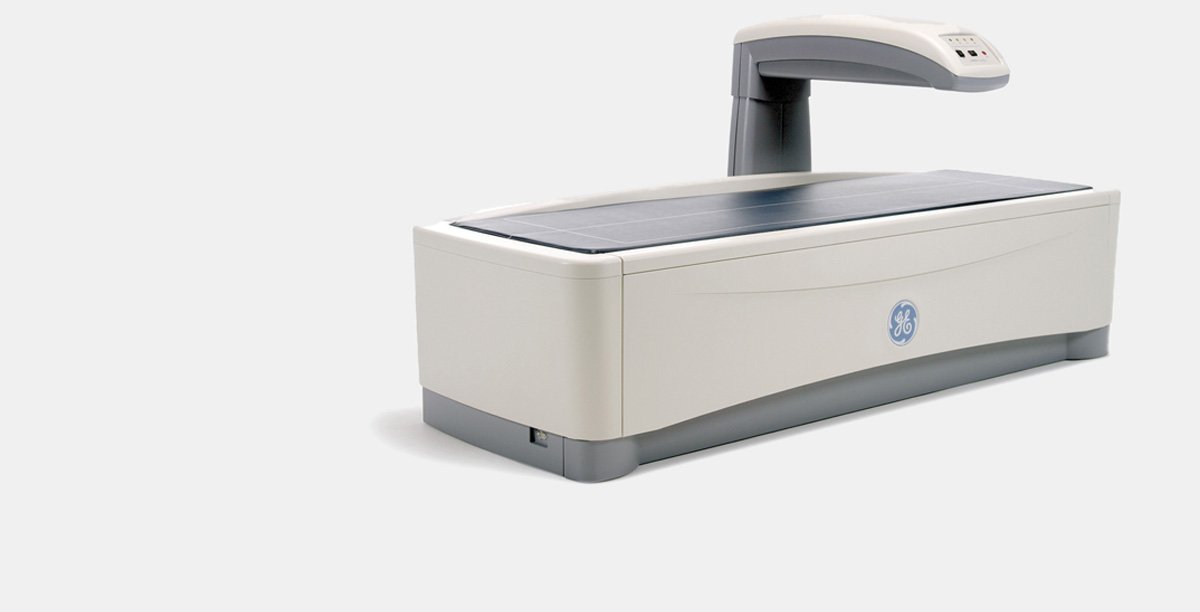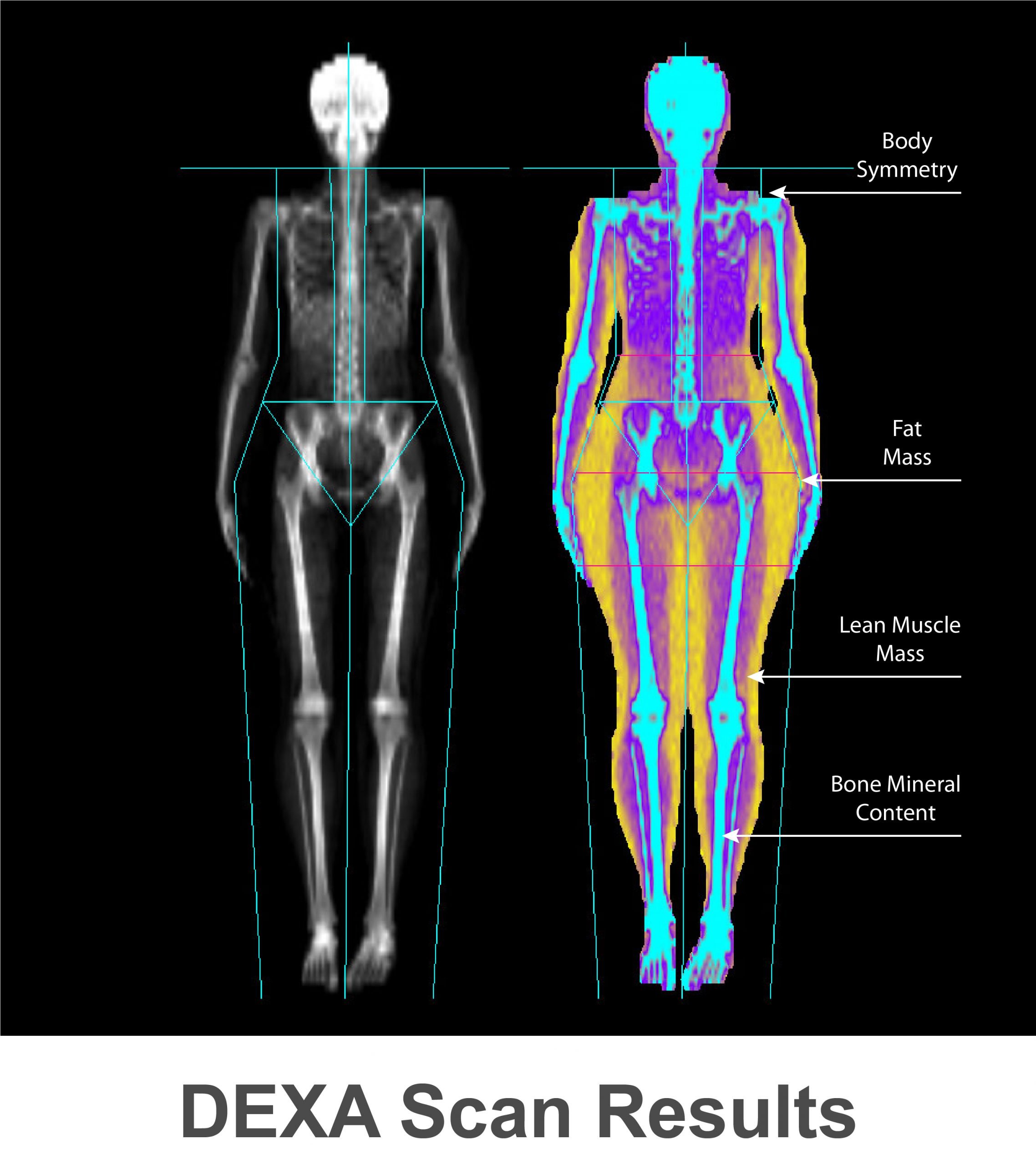
Dexa Scan Vancouver - Everything You Need to Know
Now Available at UBC Sports & Exercise Medicine Clinic
-

What is a Dexa Scan?
DEXA scans, short for Dual-Energy X-ray Absorptiometry, is a non-invasive imaging technique used to measure body composition and bone density. By utilizing low-dose X-ray beams, DEXA scans can accurately determine the percentage of fat, muscle, and bone in the body.
-

Why do a Dexa Scan?
The information is crucial for assessing an individual's overall health status and identify any imbalances or potential risks. By analyzing fat distribution and muscle mass, you gain a deeper understanding of your metabolic health and precise information to inform your future behaviours.
-

What does a Dexa Scan Measure?
Key Measurements related to body composition and bone density include:
Body fat %, Total Lean mass/fat mass, Visceral fat, Relative Muscle Skeletal Index (RSMI), Bone Mineral Density, Resting Metabolic Rate, Muscle & fat distribution
DEXA scans vs. other body composition analysis methods
While DEXA scans are highly accurate and widely regarded as the gold standard for body composition analysis, there are alternative methods available. Two common alternatives are bioelectrical impedance analysis (BIA) and skinfold thickness measurements.
BIA works by passing a low-level electrical current through the body and measuring the impedance encountered. This method estimates body composition based on the principle that fat stores are less conductive than lean tissue. While BIA is relatively affordable and portable, it is generally less accurate than DEXA scans, particularly when it comes to differentiating between fat and muscle mass.
Skinfold thickness measurements involve using calipers to measure the thickness of skinfolds at specific sites on the body. These measurements are then used to estimate body fat percentage. While skinfold measurements can provide a rough estimate of body fat, they are highly dependent on the skill and experience of the practitioner performing the measurements, making them less reliable than DEXA scans.
In comparison, DEXA scans offer superior accuracy and precision in assessing body composition. They provide detailed information on fat, muscle, and bone density, allowing for a comprehensive understanding of an individual's health. Despite being a more advanced technology, DEXA scans are becoming increasingly accessible and affordable, making them the preferred choice for accurate body composition testing in Vancouver.